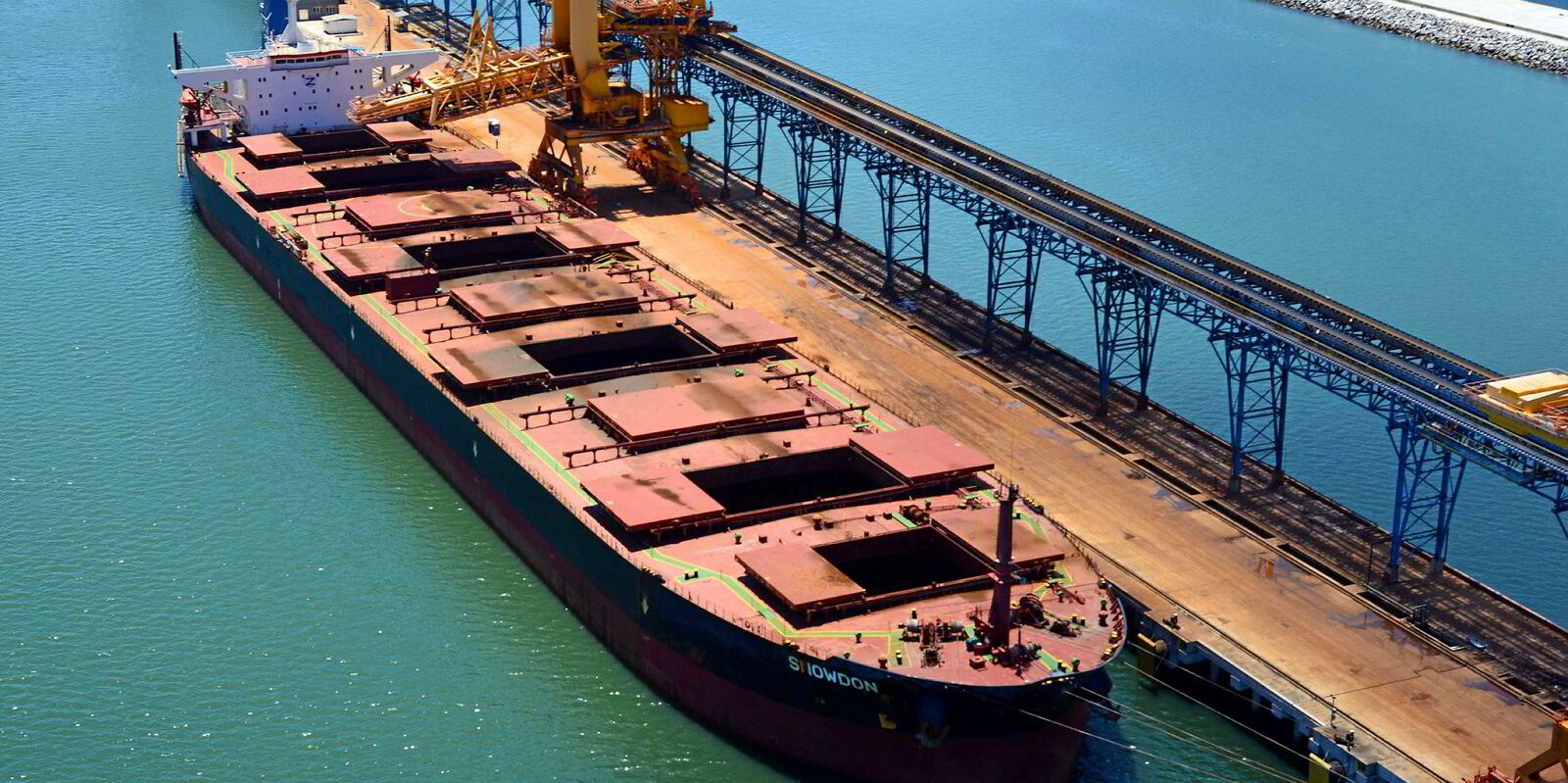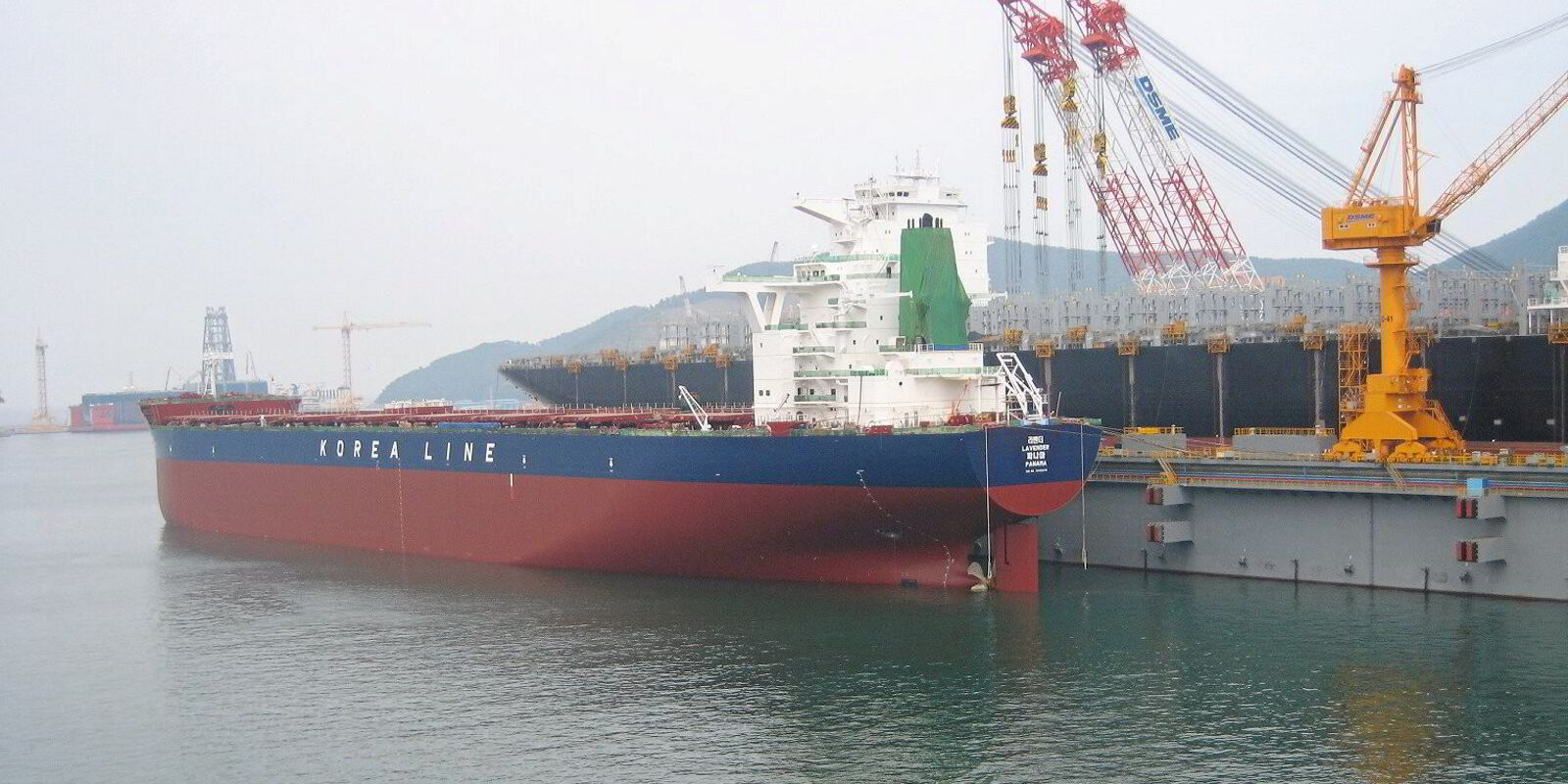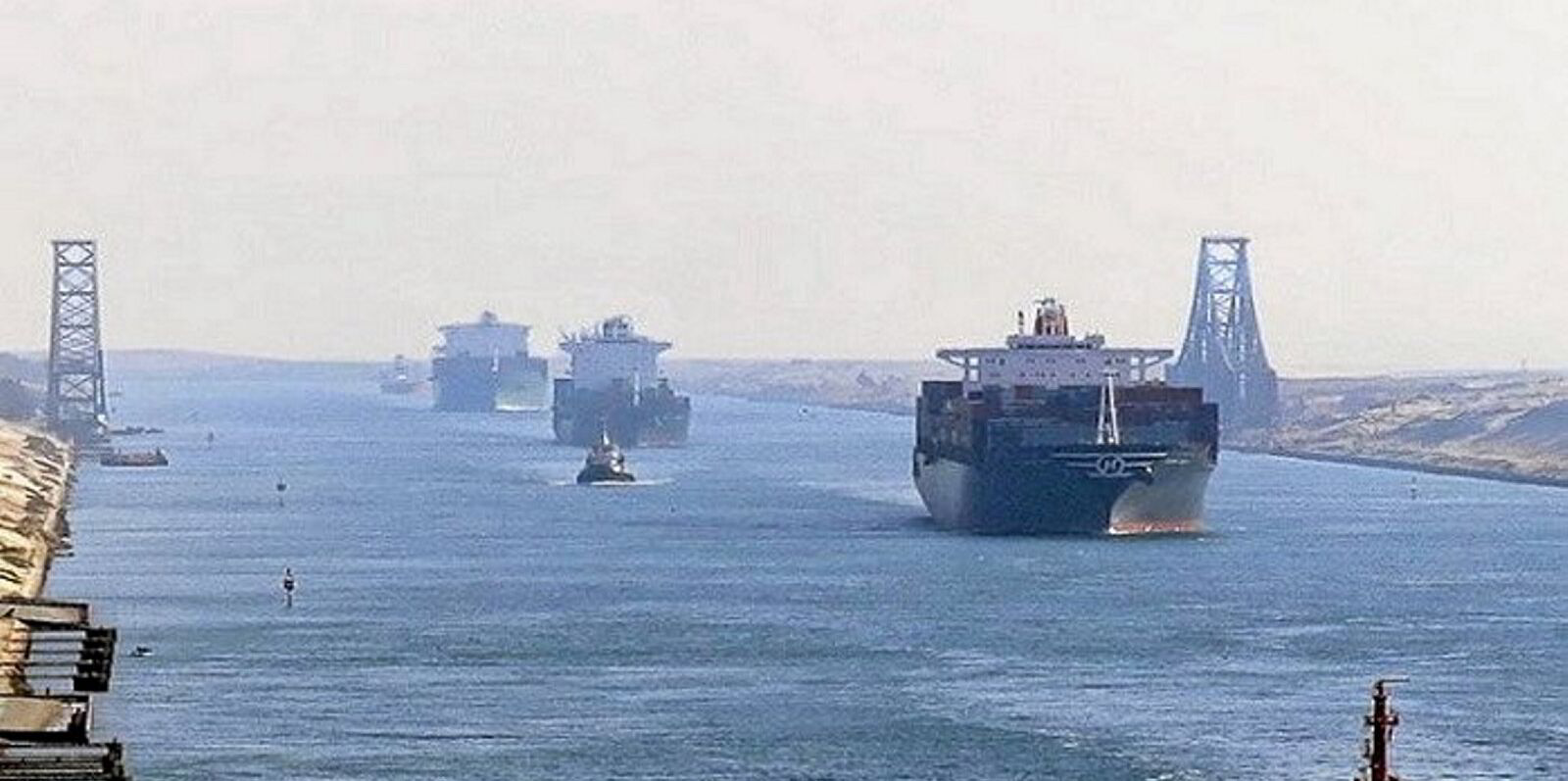Average capesize spot rates fell for the fifth consecutive trading day on Monday in the absence of good news.
The basket assessment of average capesize rates, weighted across five key benchmarks, fell below $19,000 per day for the first time since 1 August.
Baltic Exchange panellists deducted $701 from their estimate, which put the assessment at $18,174 per day.
The physical index, released at 11am London time, prompted a big sell-off in the freight derivatives market for front-month contracts.
As of 1pm in London, bids for the November contract were at $18,600 per day, almost $1,300 below Friday’s settlement price.
Bidding for December paper was at $21,500 per day, about $800 less than at the close of trading on Friday.
Positive sentiment in the physical market has been buoyed over the past few weeks by news of Chinese economic stimulus measures that it was hoped would support import demand for dry commodities.
But this optimism seems to have all but ebbed away “following improvements in market fundamentals and the release of uninspiring Chinese economic data”, Clarksons Research noted in a report on Friday.
Clarksons calculates that fleet-weighted capesize earnings last week fell by 20% week on week to $20,076 per day, the lowest level since November 2023.
This is based on the brokerage’s proprietary vessel earnings calculations, weighted by eco designs and scrubber-fitted vessels.
Just two iron ore voyage fixtures were reported on Friday, both fixed by Rio Tinto.
The mining giant booked two capesize for voyages from Western Australia to China in the first week of November. One vessel was booked at $8.90 per tonne and the other for 5 cents per tonne more.
In contrast, just three weeks ago Rio Tinto agreed to pay $11.40 per tonne when it fixed a capesize for the same voyage for mid-October loading dates.





